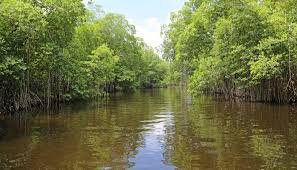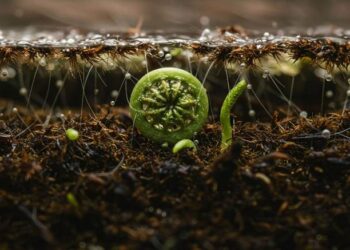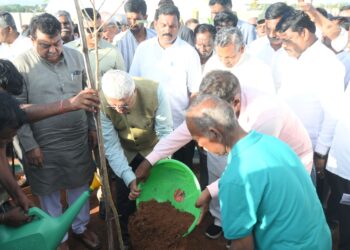Experience Araku’s Coffee Essence
Journey through Araku’s tranquil hamlets, where the very air is infused with the intoxicating aroma of coffee blossoms and roasting beans, especially between November and January. As many tribal farmers venture into coffee retail, shops selling freshly ground coffee pepper the route from Ananthagiri to Araku, with daily sales soaring, especially during the tourist season. Yet, for those seeking a deeper connection with their brew, the Araku coffee museum offers a rich tapestry of the bean’s journey from Ethiopia to Araku, all while you indulge in a cup and savor coffee-infused treats.
***
Coffee farming in the Araku area of Andhra Pradesh, India, has profoundly changed the lives of the local tribal communities. With the support of government initiatives and the foundation of the Integrated Tribal Development Agency, there has been a substantial growth in land devoted to coffee growth. Recognized globally, the Araku Valley Coffee label stands as a beacon of social responsibility and economic importance.
***
From G20 Summits to Araku’s Mists: The Global Allure of a Local Brew
A month has elapsed since the G20 summit, and by now, many international delegates would have unveiled the contents of their gift hampers. Those who were drawn to their vibrant coffee tins first are likely continually taking a moment to inhale deeply. Every whiff of that rich fragrance teleports them straight to T Ramamma’s lush backyard in the fog-laden Araku valley. Araku, with its coffee legacy spanning over a century, is a haven for aficionados. This quaint hill station in Andhra Pradesh even boasts a coffee museum, greeting visitors with the enlightening phrase: ‘Knowledge is Caffeine’.
***
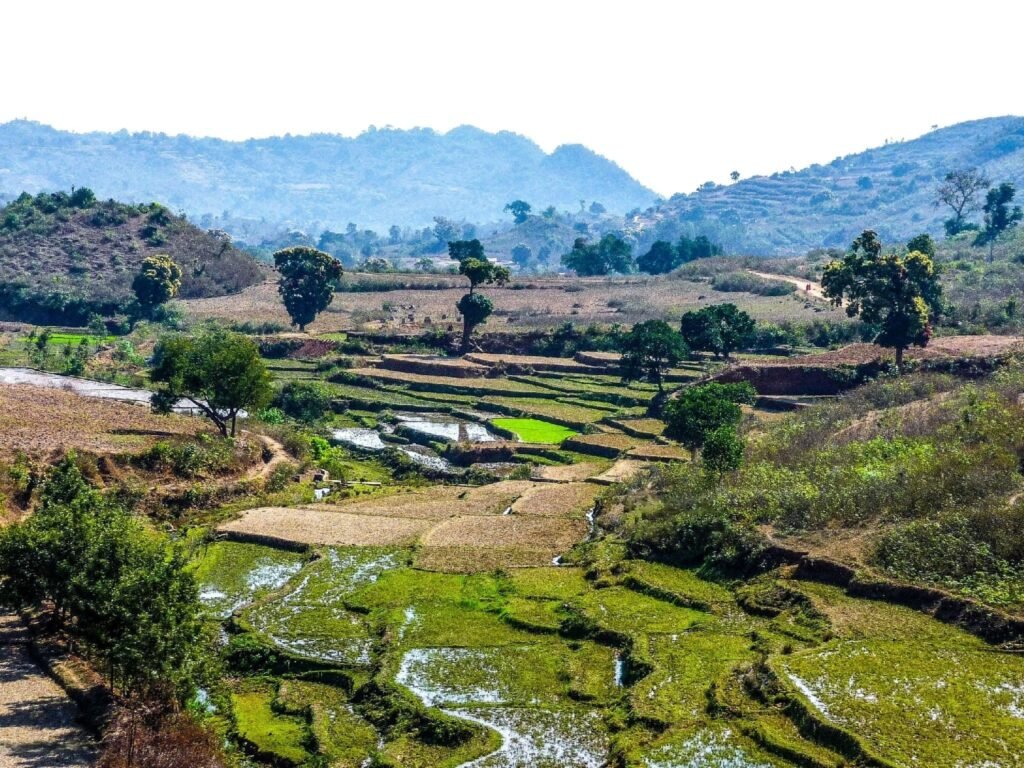
Araku’s Elevated Essence: Where Coffee Cultivates Hope and Resilience
In the elevated terrains of Araku, positioned 900 meters above sea level, caffeine signifies more than just a stimulant; it represents a dignified means of sustenance. Take for instance the story of Ramamma. An uneducated tribal woman, she faced the unfortunate twist of fate when she was widowed at the tender age of 25. With the heavy burden of debts looming over her and the responsibility of raising her children single-handedly, her circumstances were undeniably challenging. However, she found solace and strength in coffee cultivation, which not only provided her a stable source of income but also became the beacon of hope that she tenaciously clung to in the face of adversity.
***
A symbol of social responsibility
At the age of 46, Ramamma’s dedication to her coffee plantation yields her an annual income of over Rs 6 lakh. This earning surpasses what a typical farmer in Andhra with similar land might make. In Beesupuram hamlet, there’s also Gemali Kamala, another brave widow, who manages her household expenses by cultivating coffee. These two women represent just a fraction of the approximately 2.3 lakh tribal farmers in this underserved region, all of whom have seen their lives metamorphose for the better, thanks to the empowering influence of coffee cultivation.
***
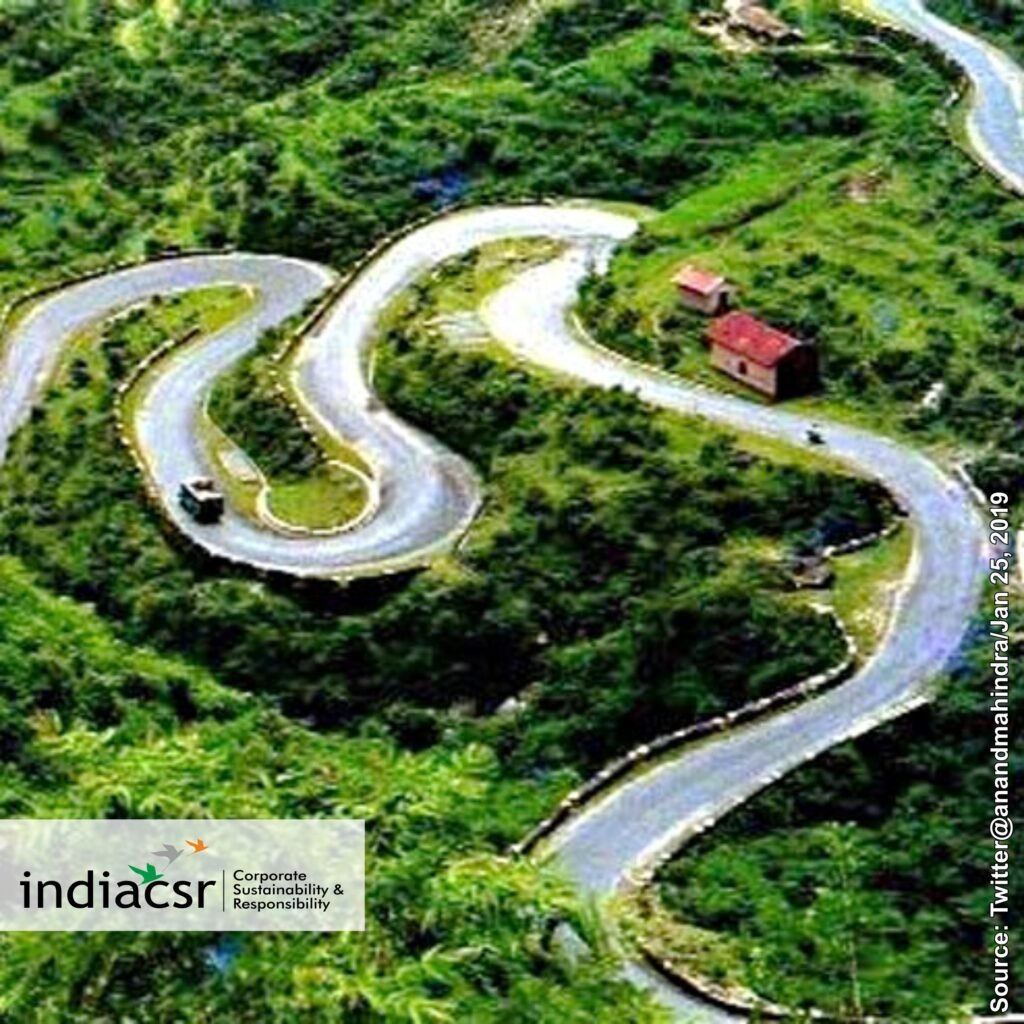
Araku’s Agrarian Awakening: From ‘Podu’ Past to Coffee Prosperity
The transformation of the indigenous communities of Araku is truly profound. In the not-so-distant past, they relied on the slash-and-burn agricultural technique, known locally as ‘podu’ farming. However, times have changed. Currently, their flourishing coffee plantations span an expansive 2.4 lakh acres, providing them with a stable foundation and livelihood. While coffee acts as their primary sustenance – the bread if you will – the intercrops they cultivate, such as pepper, various vegetables, jackfruit, and mango, serve as the enriching accompaniments – the butter to their bread.
***
Araku’s Green Renaissance: From ‘Podu’ Patches to Flourishing Coffee Canopies
However, using “butter” as a metaphor in Araku feels a tad incongruous, given that it’s a region where milk is hard to come by. While their coffee beans find their way to international shores such as Switzerland, France, Italy, Sweden, the US, United Arab Emirates, Japan, South Korea, and more, the cultivators themselves seldom indulge in a cup of coffee, points out M Sri Rama Murthy, a pioneer in coffee farming from the region. “The practice of cattle rearing is notably missing in this area. We’ve approached the government with requests to provide the tribal communities with cattle, as it would make their agricultural pursuits even more sustainable,” he adds.
***
A Positive Hand from the Government
While the efficacy of government interventions can often be a mixed bag, in Araku, they have shown positive outcomes. Consider the narrative of coffee cultivation in the valley as an illustration. Tracing back to the late 19th century, the raja of Vizianagaram owned a coffee estate in Ananthagiri, located approximately 40km from Araku. This fact is documented in the Vizagapatam Gazette of 1907, capturing an era when Visakhapatnam was referred to as Vizagapatam during British rule.
Following this, the coffee cultivation narrative took a turn when coffee saplings began to emerge in Peddavalasa within the Araku region. This growth sprouted from seeds introduced by a British officer, Captain Owen. By the time the 1920s rolled around, fledgling coffee plantations had marked their presence in the tribal territories of Chintapalli, Araku, and Ananthagiri.
***

Araku’s Coffee Chronicles: Modest Beginnings Amidst Untapped Potential
For many years following those initial developments, Araku’s coffee cultivation remained on a modest scale. Even though the Union government’s Coffee Board had conducted research in the early 1950s to identify areas conducive to coffee growth, the expansive potential of the region was yet to be fully realized. Additionally, during the 1960s and 1970s, the Andhra Pradesh forest department made efforts to promote coffee cultivation. But despite these endeavors, by the mid-1980s, the total area under coffee cultivation in Araku was confined to a mere 1,800 acres.
Also Read: Anand Mahindra Loves Araku Valley, Plants 1 Cr Trees To Empower Tribal Farmers Growing Coffee
***
The Power of Effective Initiatives
A significant shift in Araku’s coffee cultivation narrative occurred when the Integrated Tribal Development Agency (ITDA) stepped in with a pivotal initiative. By granting the tribals ‘patta’, which translates to land-use rights, they ignited a spark in coffee planting. By the time 2002 rolled around, the land dedicated to coffee cultivation had magnified a staggering 25-fold, spanning 45,000 acres. This momentum hasn’t waned; on the contrary, it’s surged further. N Ashok, who serves as the assistant horticulture director (coffee project) for ITDA in Paderu, highlighted that in the recent decade alone, an impressive 1.2 lakh acres have been incorporated into coffee farming.
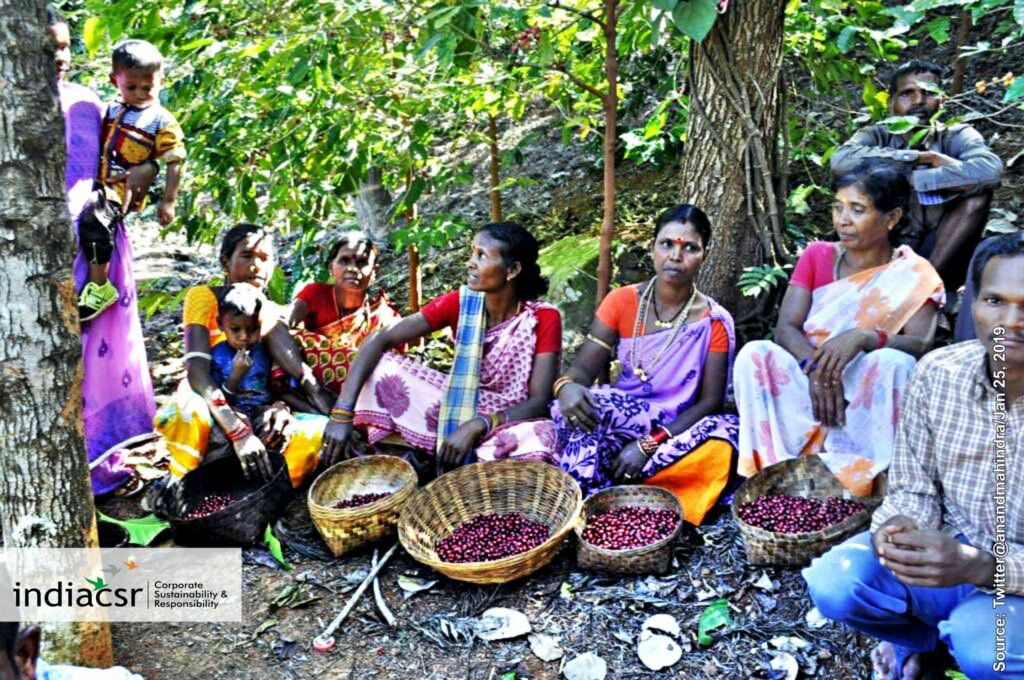
***
Guidance from the Government: A Consistent Support
Throughout these transformative years, the tribal coffee cultivators have been under the consistent guidance and support of the government. S Ramesh, the deputy director (in-charge) of the Coffee Board, elucidates, “The Coffee Board oversees the entire journey of the coffee – from the initial seeding stage right up to the final cup.” To further facilitate this endeavor and provide closer assistance to the tribal coffee growers, they have set up a regional coffee research center located near GK Veedhi, which is approximately 120km away from Araku. Additionally, to ensure more localized support, extension offices have been established in key regions such as Chintapalli, Minumuluru, Araku Valley, and Paderu. These initiatives reflect a deep-rooted commitment to nurturing and empowering the tribal coffee farming community.
***
Support and Recognition from Higher Up
The Girijan Co-operative Corporation (GCC), owned by the Andhra government, plays a pivotal role in the Araku coffee ecosystem by purchasing a substantial portion of the coffee produced by the Araku tribals. Their efforts to brand and market it as ‘Araku Valley Coffee’ have paid off immensely, making it a renowned name on the global stage. The government’s support for this coffee brand is also evident in its omnipresence at major government events. This recognition reached its peak when Prime Minister Modi, after sampling the Araku coffee at a stall in Visakhapatnam during his 2016 visit for the international fleet review, lavished it with praise. Such endorsements amplify the stature and reputation of Araku Valley Coffee not just nationally but internationally as well.
***
Eco-Conscious Choices
Beyond its socio-economic importance, Araku coffee carries another defining trait that sets it apart: its commitment to the environment. First and foremost, Araku primarily cultivates the more flavorful Arabica variety, known for its sweet undertones. But it’s not just about the type of bean; it’s about the entire cultivation process. This coffee is organic, a credential formally recognized and certified by the Union government. The fertilization methods used are entirely organic, as are the techniques employed for pest control.
Additionally, the coffee plants in Araku are nurtured under the shade of various trees such as jackfruit, mango, rosewood, and silver oak. This canopy not only aids in enriching the soil, boosting its fertility, but it also provides a natural shield, making the coffee crops more resilient against unpredictable weather patterns and climatic shifts. This integrated approach not only enhances the quality of the coffee but also ensures that its cultivation leaves a minimal ecological footprint.
***
A Harmonious Blend of Nature and Nurture
In addition to its vital socio-economic contributions, Araku coffee is distinguished by its steadfast dedication to environmental conservation. Araku’s primary choice of cultivating the rich Arabica variety, celebrated for its delightful sweet notes, already elevates its quality. However, the true essence of its eco-consciousness is reflected in the holistic approach to cultivation.
Proudly bearing an organic certification from the Union government, every step in the cultivation of Araku coffee echoes with nature-friendly choices. From organic fertilization to natural pest management, the practices employed are rooted in sustainability.
A defining characteristic of Araku’s coffee cultivation is its unique shaded approach. Coffee plants flourish under the protective shade of diverse trees like jackfruit, mango, rosewood, and silver oak. This natural umbrella not only enriches the soil, thereby enhancing its fertility, but it also creates a buffer against the vagaries of weather and other climatic challenges. This symbiotic relationship between the plants and their environment doesn’t just amplify the coffee’s quality but also ensures the cultivation process respects and nurtures the environment in return.
***
Immerse in Araku’s Coffee Aroma
In Araku, every step is infused with the essence of coffee. Stroll through the tranquil hamlets, where the gentle breeze carries the intoxicating scent of coffee. Some months, you’re greeted by the fragrant allure of coffee blossoms, while in others, the air is filled with the aroma of ripe coffee fruit. If your travels take you there between November and January, the scent of roasting coffee beans is enough to make any coffee lover’s heart race.
Murthy, an advocate for introducing dairy farming to Araku, observes the changing dynamics with caution. He points out the rising incidents of coffee berry thefts, an unfortunate byproduct of increasing visitors. Murthy owns a sprawling 10-acre plantation and runs a coffee shop that sells finely ground coffee powder. This entrepreneurial spirit isn’t unique to him; many tribal farmers have ventured into the coffee retail space. On a daily basis, these shops can rake in sales between Rs 5,000 to 10,000, with the numbers spiking during the winter tourist season. These coffee havens dot the route from Ananthagiri to Araku.
However, if your coffee experience is as much about understanding its origin as it is about savoring its taste, make a pit stop at the Araku coffee museum. Here, amidst meticulously curated displays that narrate the coffee bean’s voyage from the Ethiopian highlands to Araku’s valleys, you can indulge in your coffee fantasies. Shop for your favorite blend while sipping on a tailored Araku brew, and perhaps, treat yourself to delectable coffee-infused treats like chocolates, tarts, or brownies.
(India CSR and Content Source: Times of India)




